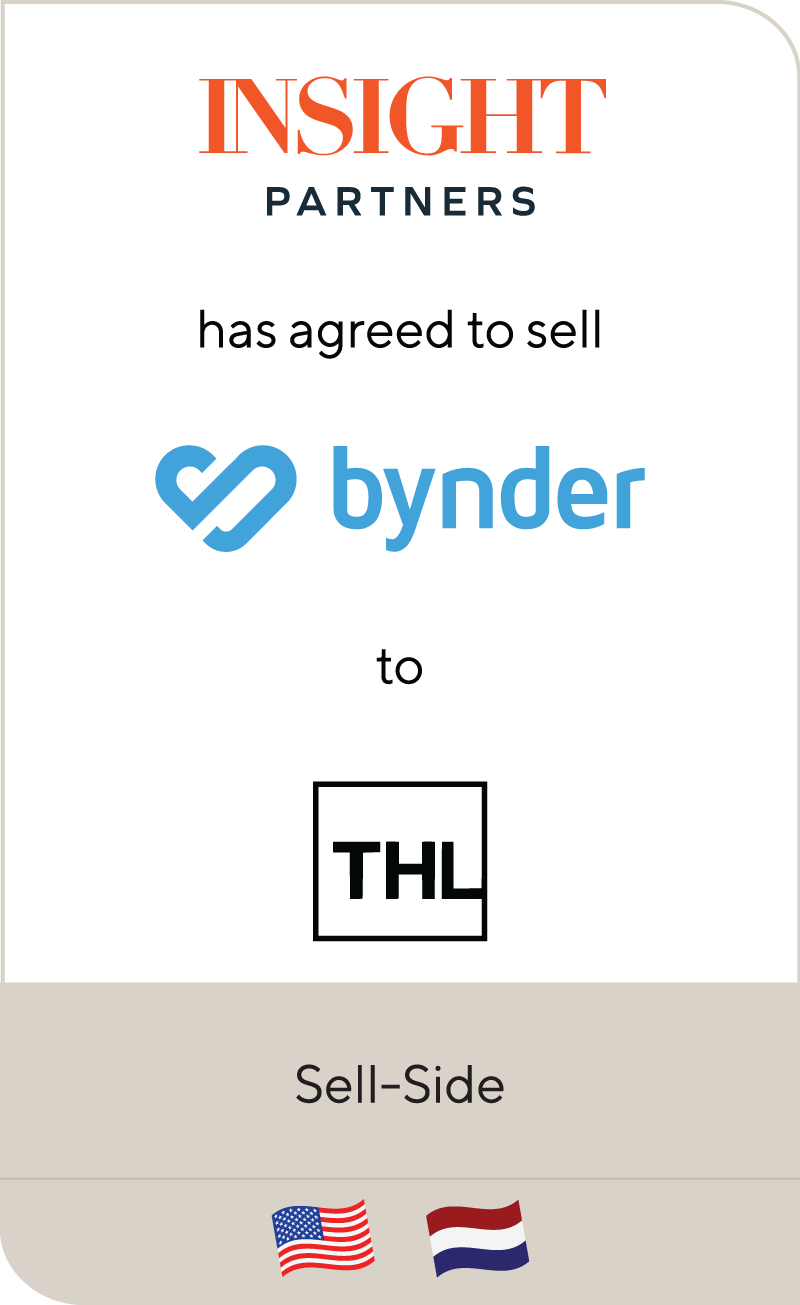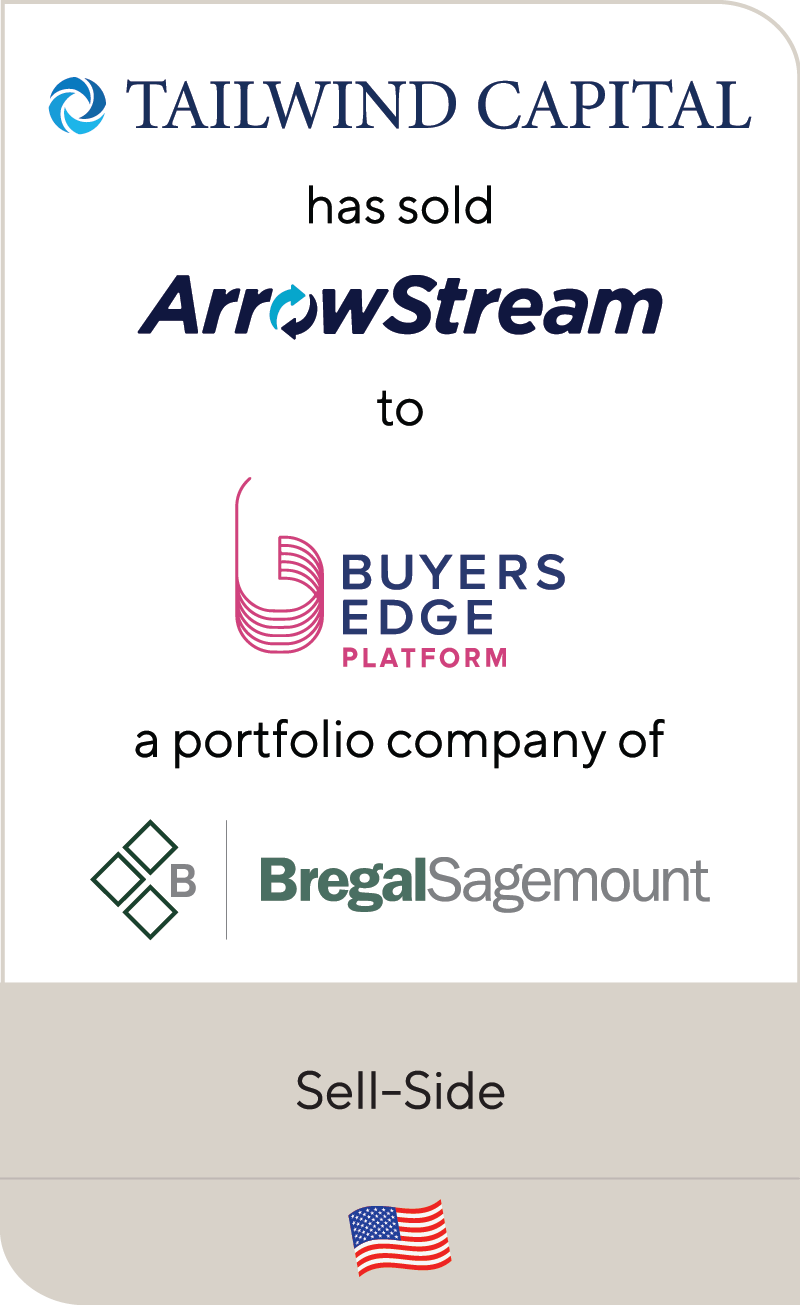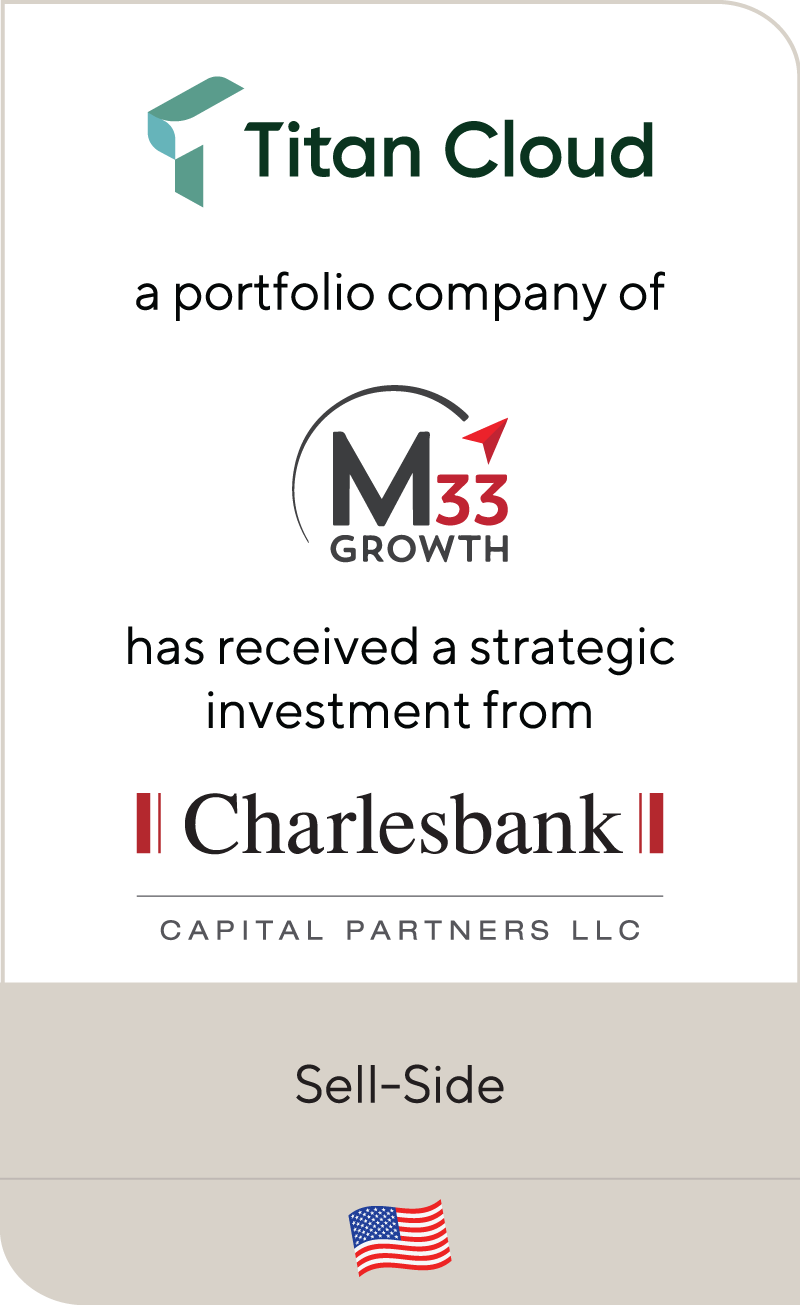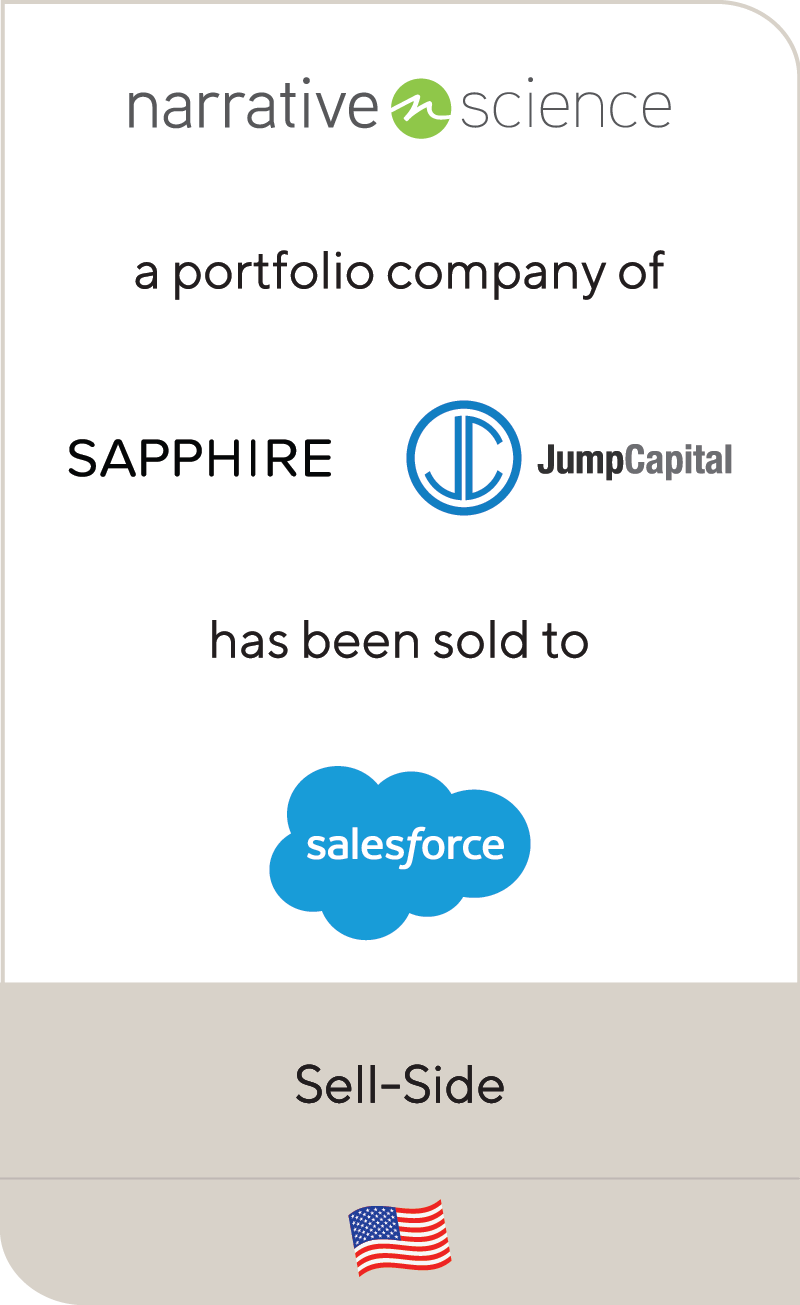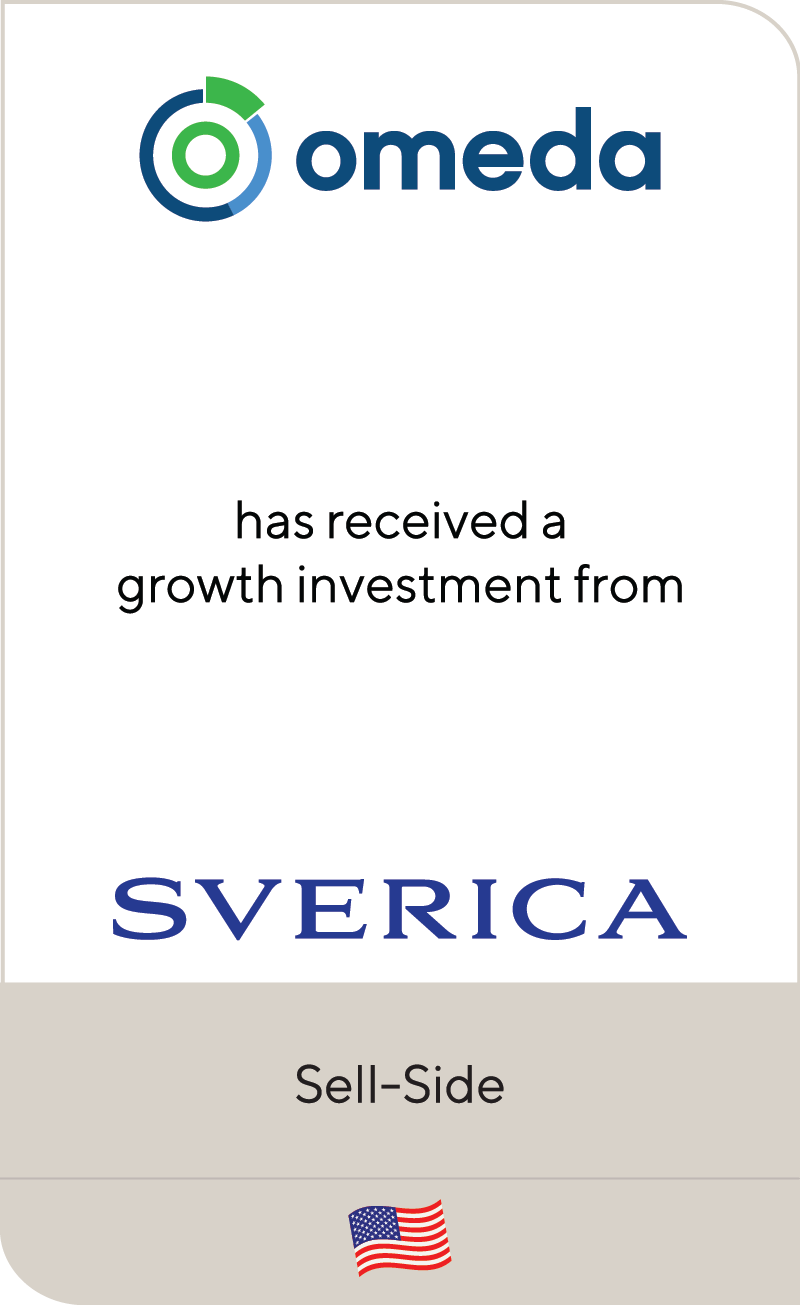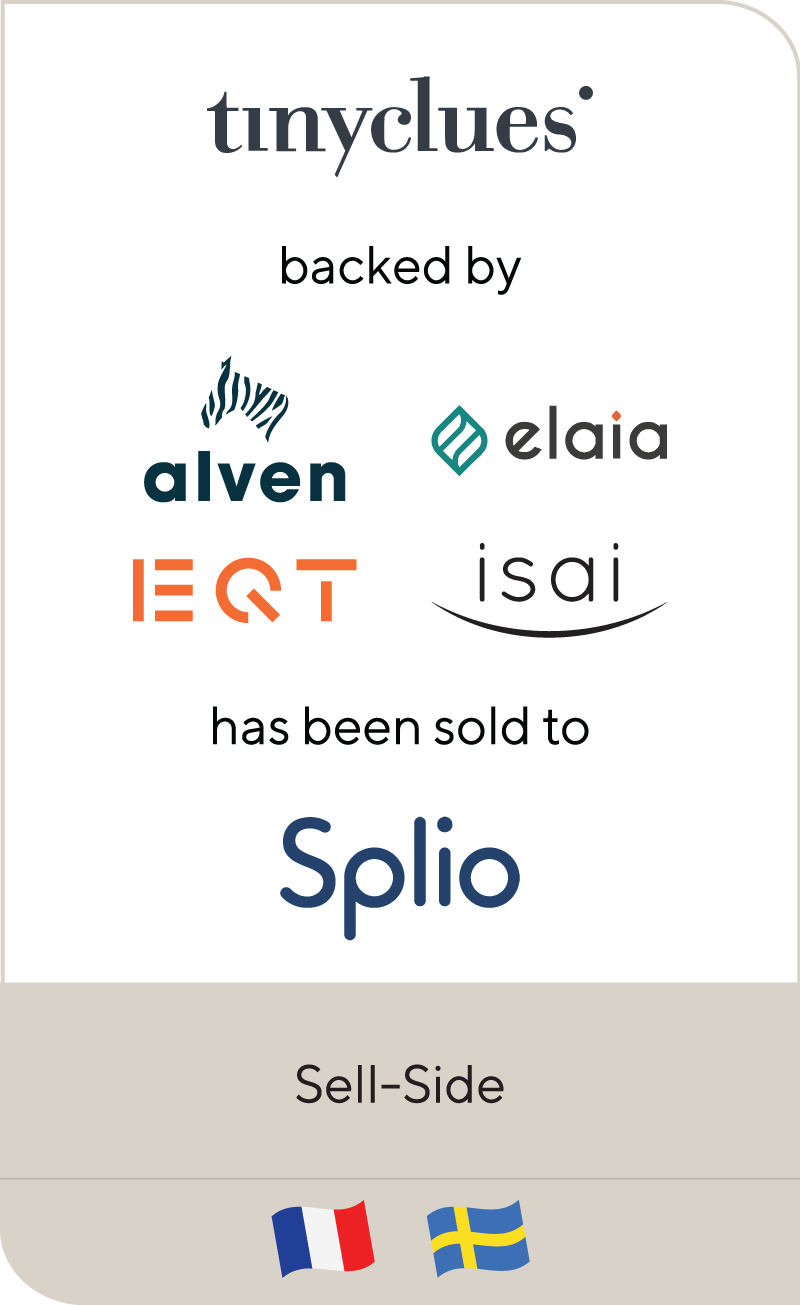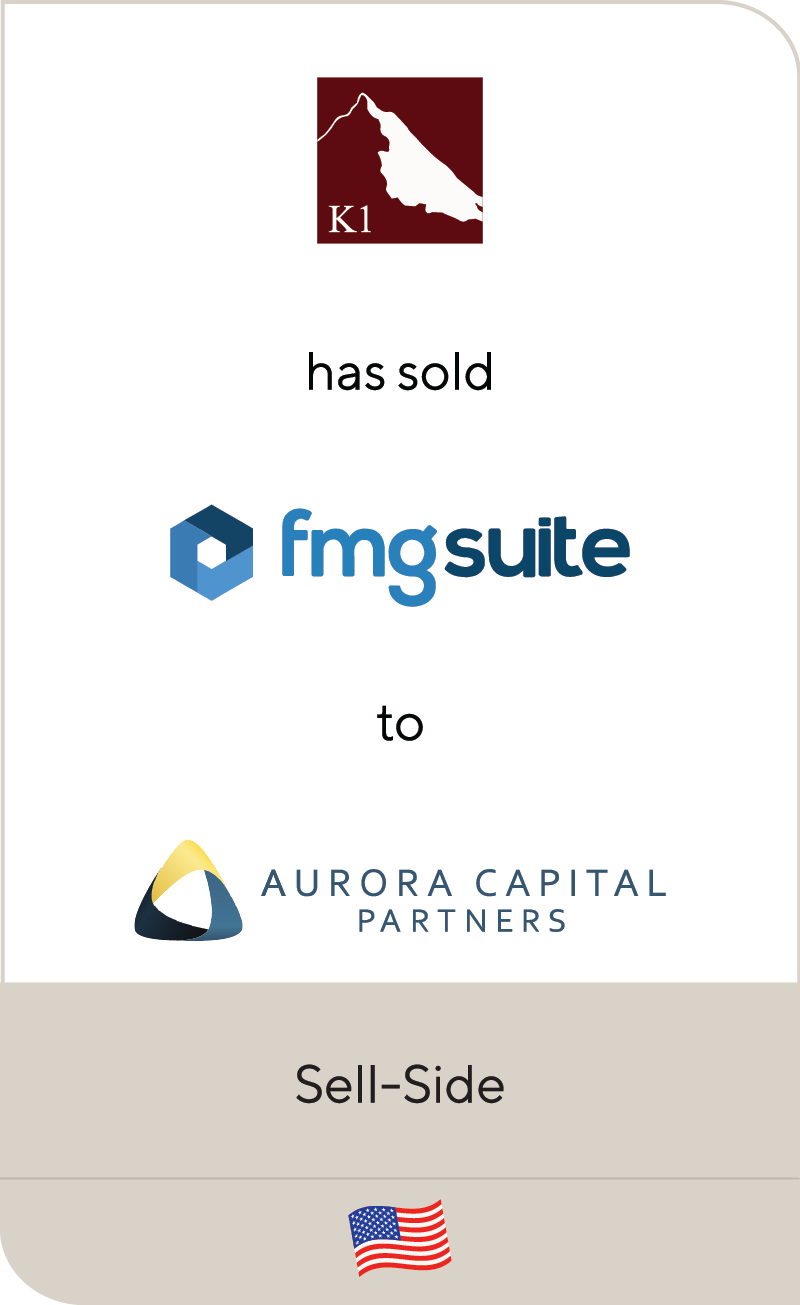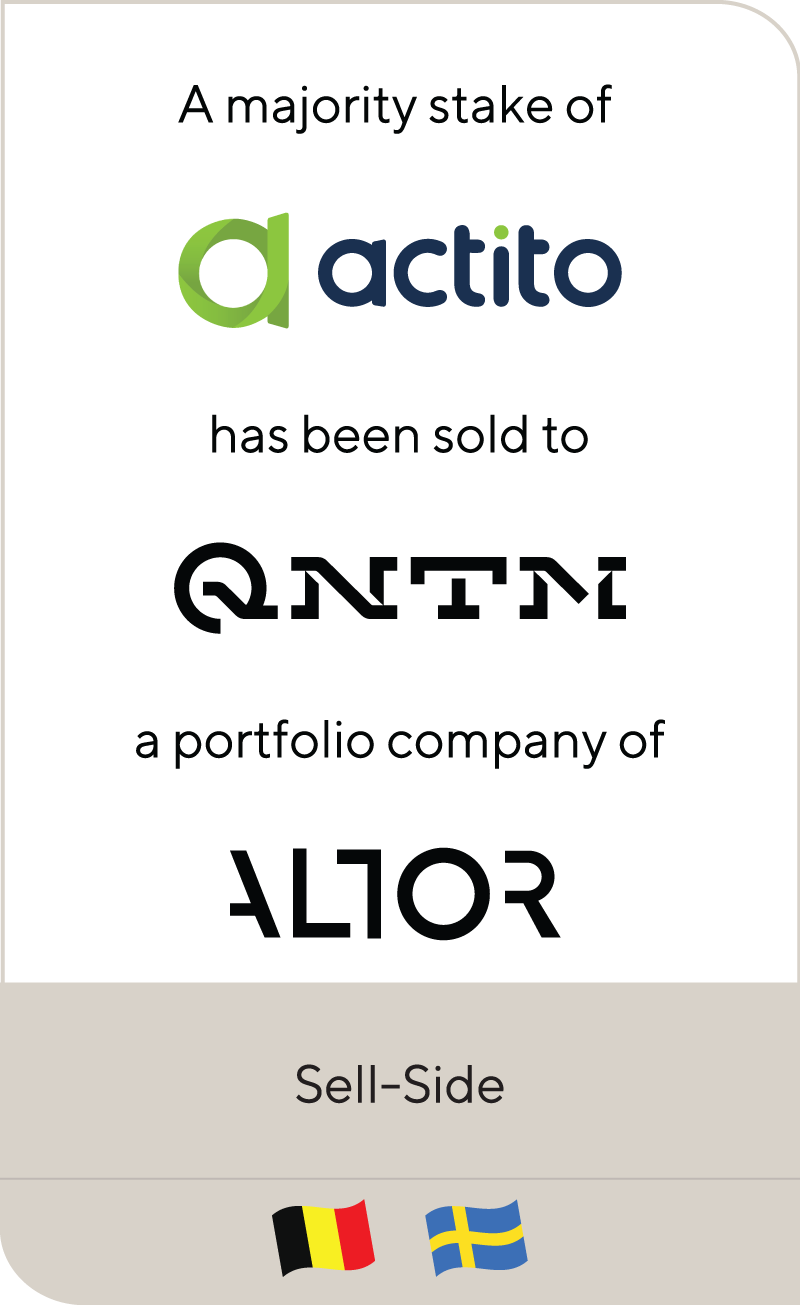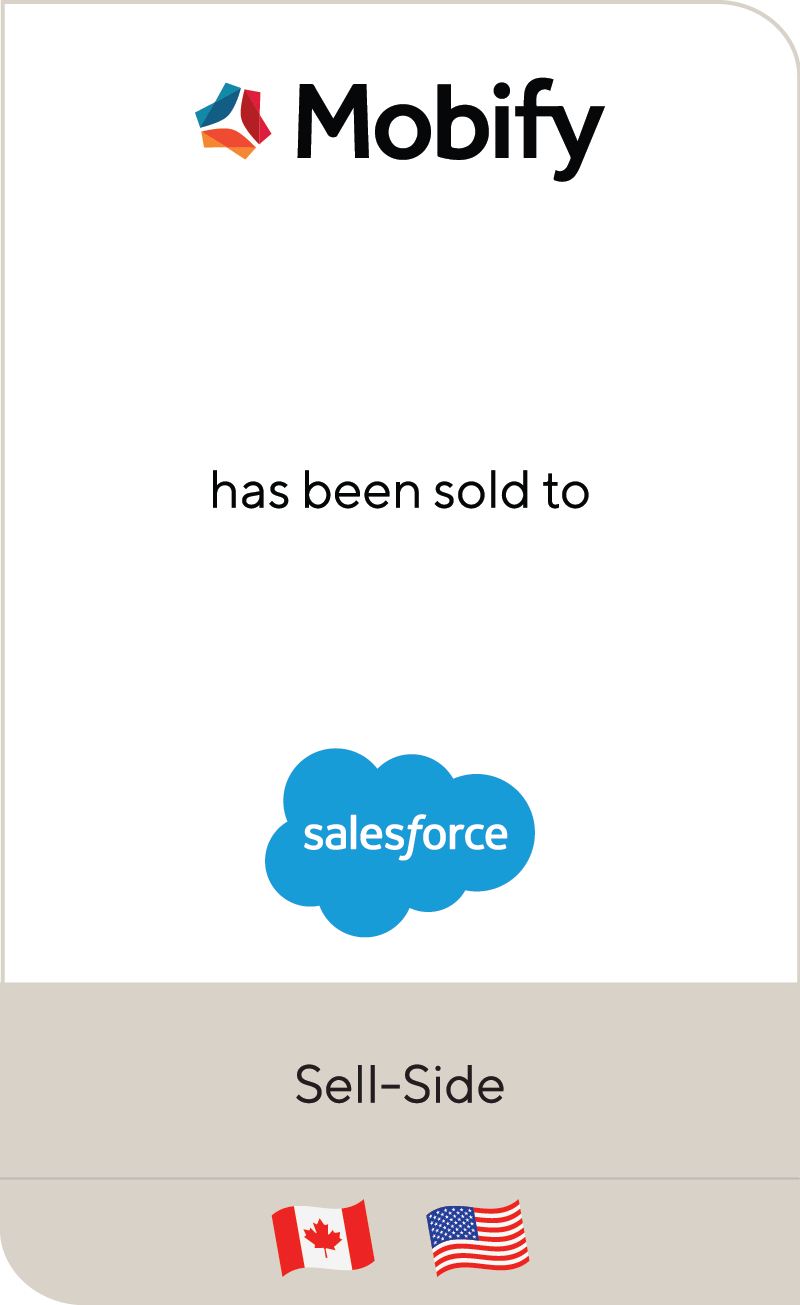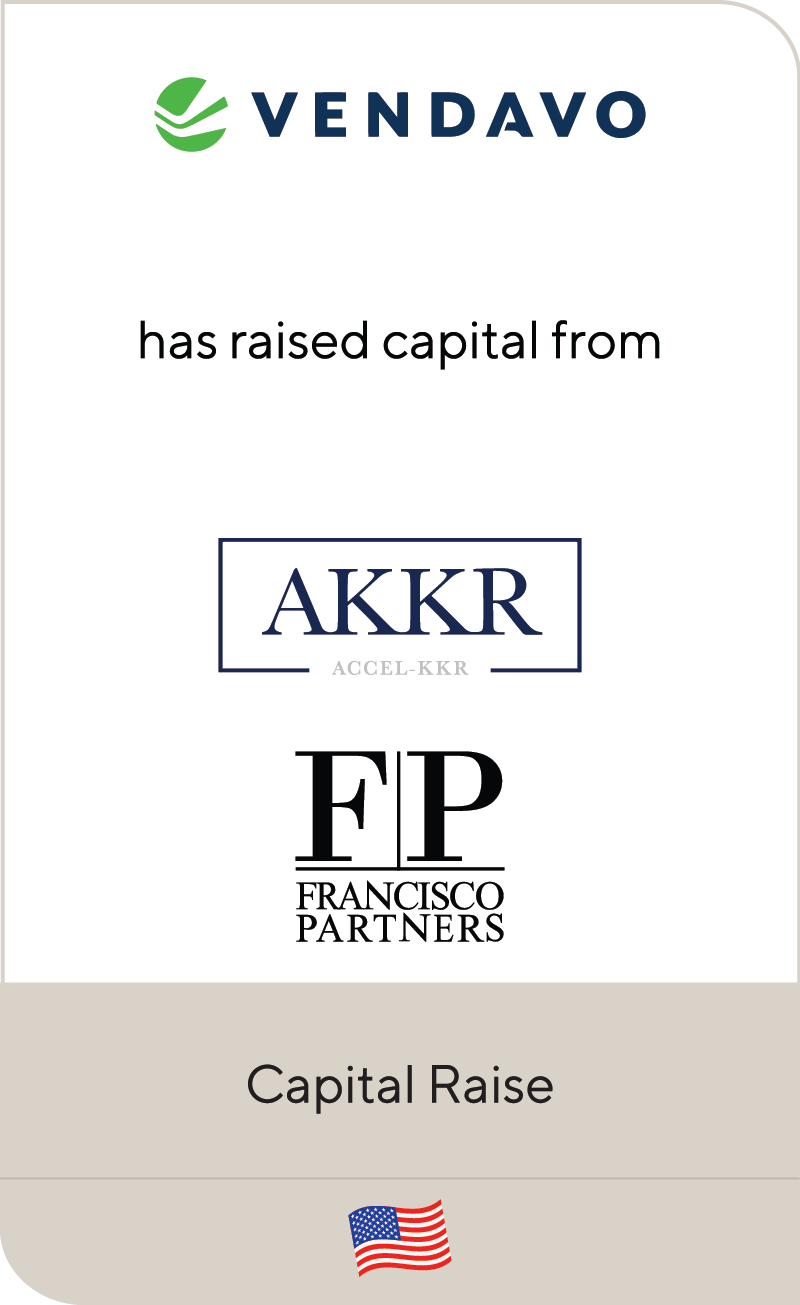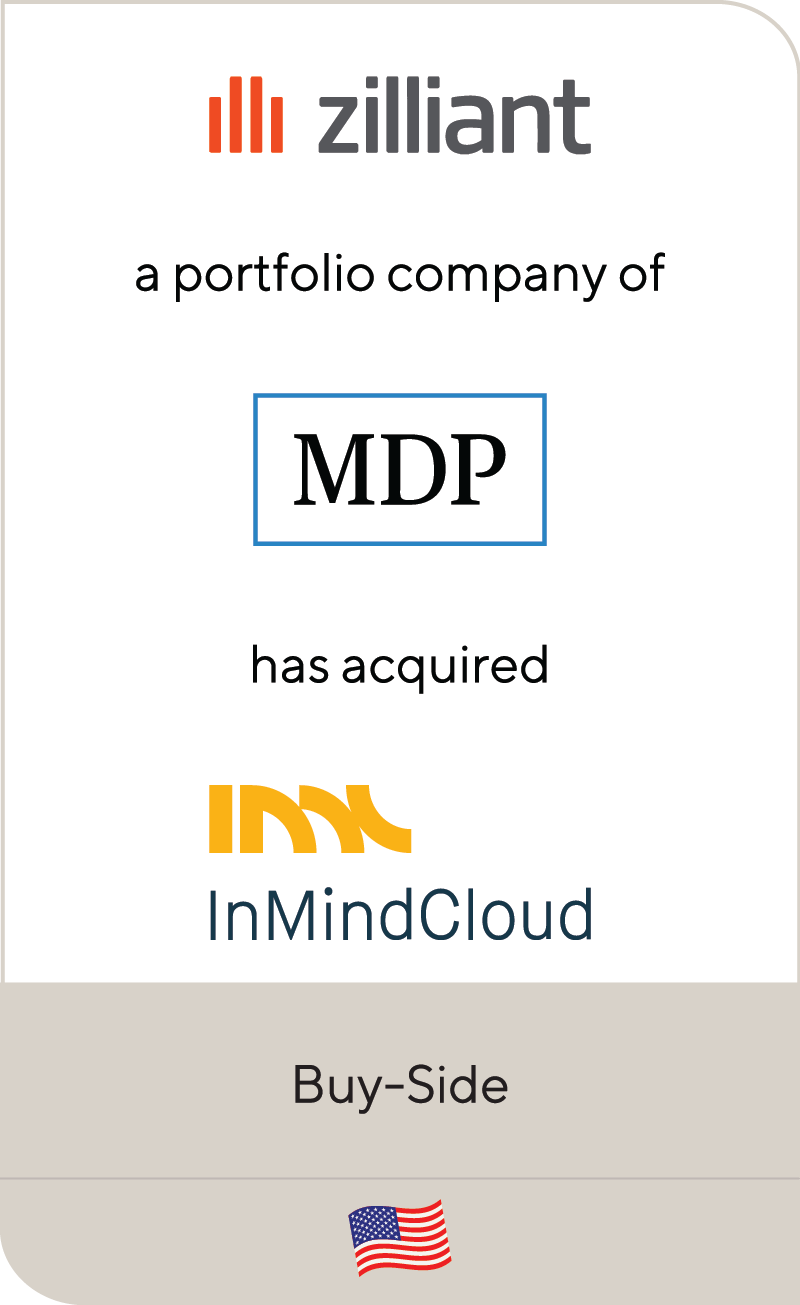Navigating MarTech Trends: Insights on 2024 Sector Dynamics and Key Transactions
| MarTech has long been a cornerstone of enterprise SaaS, continually advancing with new capabilities and creating investment opportunities. After a slowdown in 2023, global MarTech spending is on the rise. This resurgence is driven by trends such as the rise of e-commerce, personalized experiences, omnichannel marketing, social media, customer journey orchestration, and AI-powered innovations. These trends have spurred numerous mergers and acquisitions, expanding traditional marketing clouds and creating new platforms.
Lincoln International examines current sector trends and deal activity shaping the MarTech sector. |
Summary
-
Lincoln International experts examine current MarTech trends and deal activity shaping the sector.
- Click here to download a printable version of this perspective.
State of the MarTech Sector
Accelerating Sector Growth and Proliferation of New MarTech Tools
According to Forrester, MarTech spending is set to hit $148 billion in 2024, with an impressive annual growth rate of 13.3% projected through 2027. After a pandemic-driven surge in 2022 that peaked at 16.7% growth, MarTech spending decelerated in 2023. The latest projection of 13.3% marks a reacceleration in the sector that bodes well for merger and acquisition activity (M&A).
The MarTech vendor landscape has expanded to over 14,000 products, with more than 3,000 net new tools introduced just in the last year. The proliferation of new tools is driving enterprise customers to favor integrated suites for their simplicity and efficiency. Despite this trend, there is still a strong demand for affordable, user-friendly, and industry-specific tools.
MarTech Investment on the Rise: Key Trends Driving Spend
MarTech plays an indispensable role in marketing strategies and is witnessing heightened investment from Chief Marketing Officers (CMOs). A recent survey conducted by LEK Consulting revealed that 71% of CMOs now say that MarTech is critical for meeting customer expectations, marking a significant increase from previous years. Furthermore, two-thirds of CMOs plan to increase their MarTech investment in the next 12 months. This surge in MarTech investment is driven by several key trends:
|
1 |
Role of MarTech in E-Commerce Growth: In the e-commerce landscape, MarTech has become indispensable for businesses aiming to enhance customer engagement, streamline operations and drive growth. As we move through the post-pandemic era, the significance of MarTech continues to rise, playing a pivotal role in the success of e-commerce ventures. According to eMarketer, e-commerce sales are projected to grow at an impressive annual rate of over 10%, reaching a remarkable $1.7 trillion by 2027.
This sustained growth underscores the need for robust MarTech solutions to support and capitalize on expanding market opportunities. The growth of e-commerce naturally drives investment in various MarTech solutions. Businesses are increasingly focusing on e-commerce marketplaces and enablement solutions as well as digital experience platforms (DXP). These technologies are essential for delivering seamless and personalized customer experiences, optimizing operational efficiency and ultimately driving growth in e-commerce. Looking ahead, it’s evident that MarTech will remain a key driver of e-commerce success. Companies that invest in and skillfully leverage these technologies will be well-equipped to excel in the increasingly competitive e-commerce landscape. |
|
2 |
The Power of Personalization: Consumers increasingly expect brands to provide engaging, personalized experiences that cater to their unique preferences, behaviors and interactions. This shift towards personalization is not just a trend but a necessity for businesses aiming to thrive in a competitive market.
Personalization is a powerful tool that makes consumers feel valued and understood, fostering loyalty, satisfaction and engagement. When customers perceive that a brand truly understands them, they are more likely to remain loyal and engaged, ultimately leading to increased sales. According to a study by LEK, a staggering 80% of consumers are more likely to purchase from a business if they feel their experience is personalized. Furthermore, 74% of marketers believe that personalization substantially impacts customer relationships. This growing demand for personalized experiences is driving significant investment in various technologies. Companies are increasingly investing in personalization engines, content management systems (CMS), digital asset management (DAM) and customer experience (CX) platforms. These tools enable brands to deliver personalized content and experiences that resonate with individual consumers, enhancing their overall journey with the brand. Personalization will continue to play a crucial role in marketing strategies. Brands that embrace this approach will meet consumer expectations and build stronger, more meaningful customer relationships. |
|
3 |
Consistent Customer Experience Across Channels: In today’s dynamic digital landscape, it’s essential to provide consistent experiences and engagement across all channels, devices, and media. MarTech tools play a crucial role in this effort, allowing marketers to remain agile and responsive to ever-evolving demands. MarTech tools facilitate the creation of seamless and personalized customer journeys, ensuring that every interaction is meaningful.
While email continues to be a cornerstone of brand communication, marketers are increasingly utilizing a variety of channels to reach their target audiences. SMS, app push notifications, and numerous social media platforms are now integral components of a comprehensive marketing strategy. The shift towards multi-channel capabilities has driven significant investment in customer journey analytics, marketing automation and mobile messaging platforms. These technologies are essential for understanding customer behavior, automating marketing efforts and delivering messages at the right time and place. |
|
4 |
The Power of Social Influence: Consumers are increasingly making purchase decisions based on social sources like user reviews and influencer recommendations and even transacting through social platforms. These social sources are trusted more than traditional advertising due to their perceived authenticity and reliability.
According to LEK, a significant 87% of consumers review sites, blogs, video blogs and social media posts before making a purchase. This shift in consumer behavior has prompted marketers to expand their use of social platforms and invest in generating reviews and managing their online reputation. Social shopping platforms are revolutionizing the customer experience by offering a seamless and frictionless buying process. This focus on social shopping drives substantial investment in social media marketing, affiliate marketing and online reputation management software. |
|
5 |
Automating and Orchestrating Customer Journeys with AI: Orchestrating and automating a coherent customer journey across channels, platforms and devices using AI is on the roadmap for most marketers but is still in its early stages. According to LEK, 38% of marketers have implemented customer journey orchestration on a limited basis, while 20% have implemented it across the entire customer journey.
The attractiveness of customer journey automation is growing as AI improvements lead to more immersive customer experiences and smarter products and services. For example, advancements in AI chatbots enhance automated customer service quality, and AI enables greater personalization. The increasing trend toward orchestrating customer journeys drives investment in analytics and mapping, marketing automation and customer data platforms. |
|
6 |
AI in Marketing: Early Results and Trends: Early AI pilots in marketing have shown significant benefits, such as increased profitability, improved conversions, and pipeline growth. This promising trend highlights AI’s transformative potential in the marketing landscape. In 2024, 77% of the 3,000 new MarTech tools are AI-based, with 53% focused on content-related tasks.
AI is revolutionizing marketing. It streamlines the content creation process through topic and outline production, tailors messages to individual user preferences, provides insights into campaign performance and customer behavior and enhances targeting and engagement strategies by recognizing user patterns and behavior. |
|
7 |
Focus on Efficiency and Provable ROI: In today’s challenging economic landscape, marketing professionals increasingly prioritize return on investment (ROI). According to Gartner, in 2022, only 15% of organizations report achieving significant impact and efficiency with their marketing efforts. Additionally, just 27% of senior marketers believe that marketing analytics has met their expectations, and only 42% of MarTech solutions are well utilized.
Since 2020, the number of marketing ops professionals has surged by 66%, driven by the emphasis on ROI and data-driven decision-making. This focus has led to increased investment in software for attribution, conversion rate optimization and marketing resource management. |
Strategic and Financial Sponsors Forming New Platforms
The priorities and emerging trends mentioned above incentivize CMOs to allocate resources across various MarTech categories and solutions. Since 2020, over 6,000 new tools have entered the market, offering marketers more than 14,000 solutions. This influx has prompted strategic and financial sponsors to develop innovative platforms that integrate individual point solutions into more comprehensive suites tailored to meet specific customer needs.
MarTech Sector Acquisitions: Strategic Moves in 2024
In 2024, strategic buyers have made several significant capability-driven acquisitions in the MarTech sector, reshaping the competitive landscape.
| Yext acquired social media marketer Hearsay Systems for up to $220 million, marking Yext’s first print in almost a decade, at a revenue multiple of approximately 3.7x. |
| LiveRamp purchased Habu for around $200 million, or 11.1x projected revenue, to enhance its data collaboration capabilities with Habu’s data clean room software. |
| PAR Technology acquired Stuzo in a deal valued at $189 million, at an EBITDA multiple of roughly 13.5x. This acquisition supports PAR’s strategy to expand its market presence in the growing food service sector with a highly profitable platform. |
Financial Sponsors are Signaling Confidence
In a series of notable acquisitions, SquareSpace, the design-driven platform for entrepreneurs, is set to be acquired by private equity firm Permira for $6.9 billion, reflecting a revenue multiple of approximately 6.8x.
Meanwhile, Mdf Commerce, known for its expertise in supply chain and software procurement, will be acquired by KKR for $189 million, at a revenue multiple of approximately 2.0x.
Additionally, Mediavalet, an enterprise digital asset management platform, will be acquired by STG Partners for $57 million, at a revenue multiple of approximately 4.9x. These strategic moves highlight the ongoing consolidation in the MarTech sector, with significant investments aimed at bolstering growth and innovation.
Lincoln PerspectiveDespite numerous macroeconomic challenges impacting deal activity in the first half of 2024, there are reasons to be optimistic about the remainder of 2024 and 2025 as inflation continues to normalize and the impact of interest rate cuts starts to take effect. Private equity firms, with record dry powder, face pressure to realize returns. The valuation gap between buyers and sellers is narrowing, signaling better dealmaking conditions. The rise of AI and other emerging technologies is driving overall activity. In the technology, media, and telecom (TMT) sector, activity is steadily recovering, with private company valuations buoyed by the rising value of public equity. However, IPO exits remain confined to large firms, making smaller TMT companies attractive targets for private equity takeovers. Lincoln is beginning to see a backlog of high-quality assets converting into active sell-side processes. We expect dealmakers to adapt to these dynamic conditions, with the pendulum swinging back in favor of M&A in the broader TMT and MarTech sectors. |
M&A and Public Market Activity
Understanding MarTech sector M&A valuations, EV / LTM revenue multiples and subsector stock performance is crucial for stakeholders to gauge market dynamics, identify investment opportunities and make informed strategic decisions.
Lincoln MarTech Index – Swing in Multiples Has Been Corrected
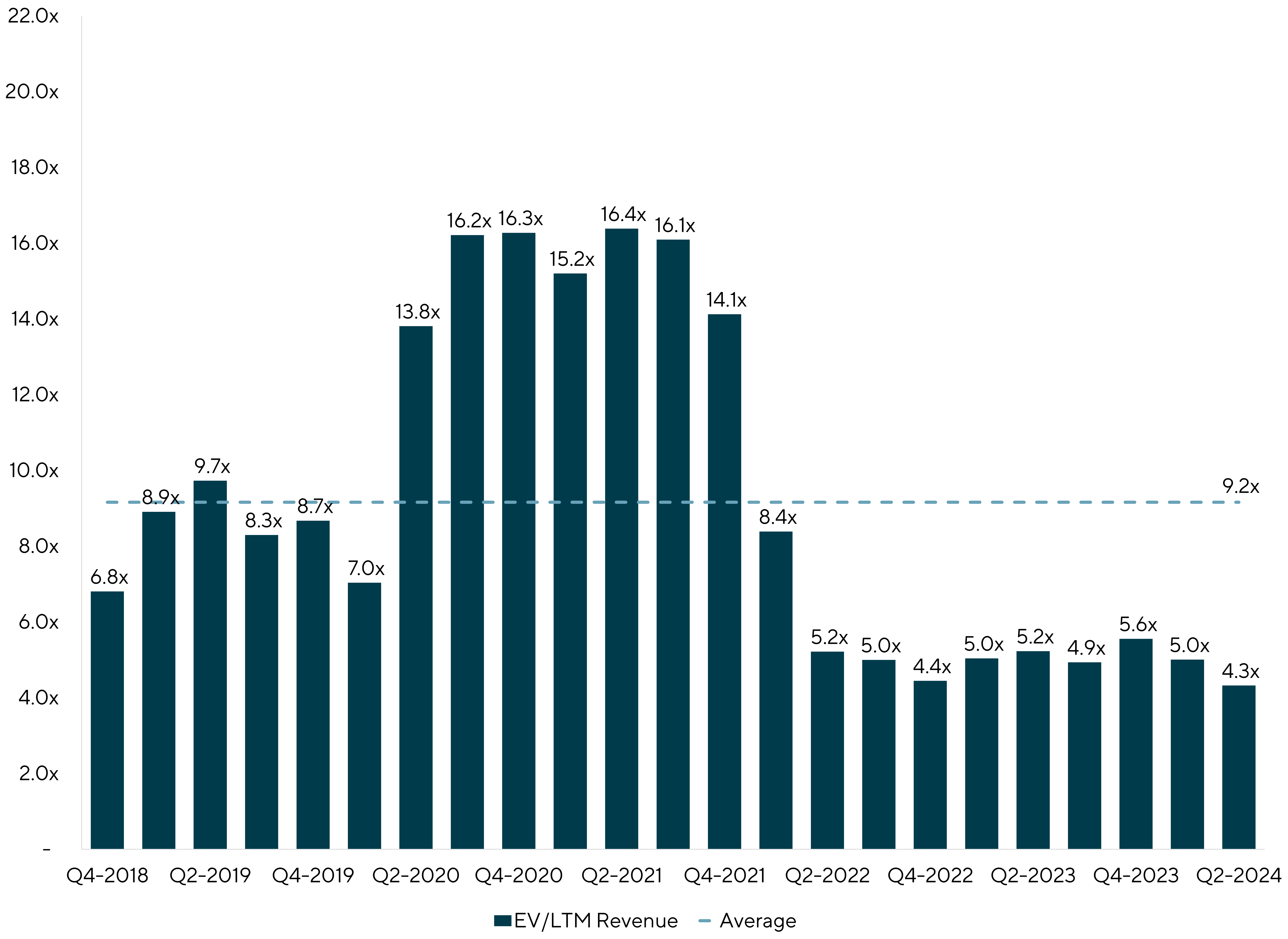
MarTech M&A Valuations – Public and M&A SaaS EV/LTM Revenue
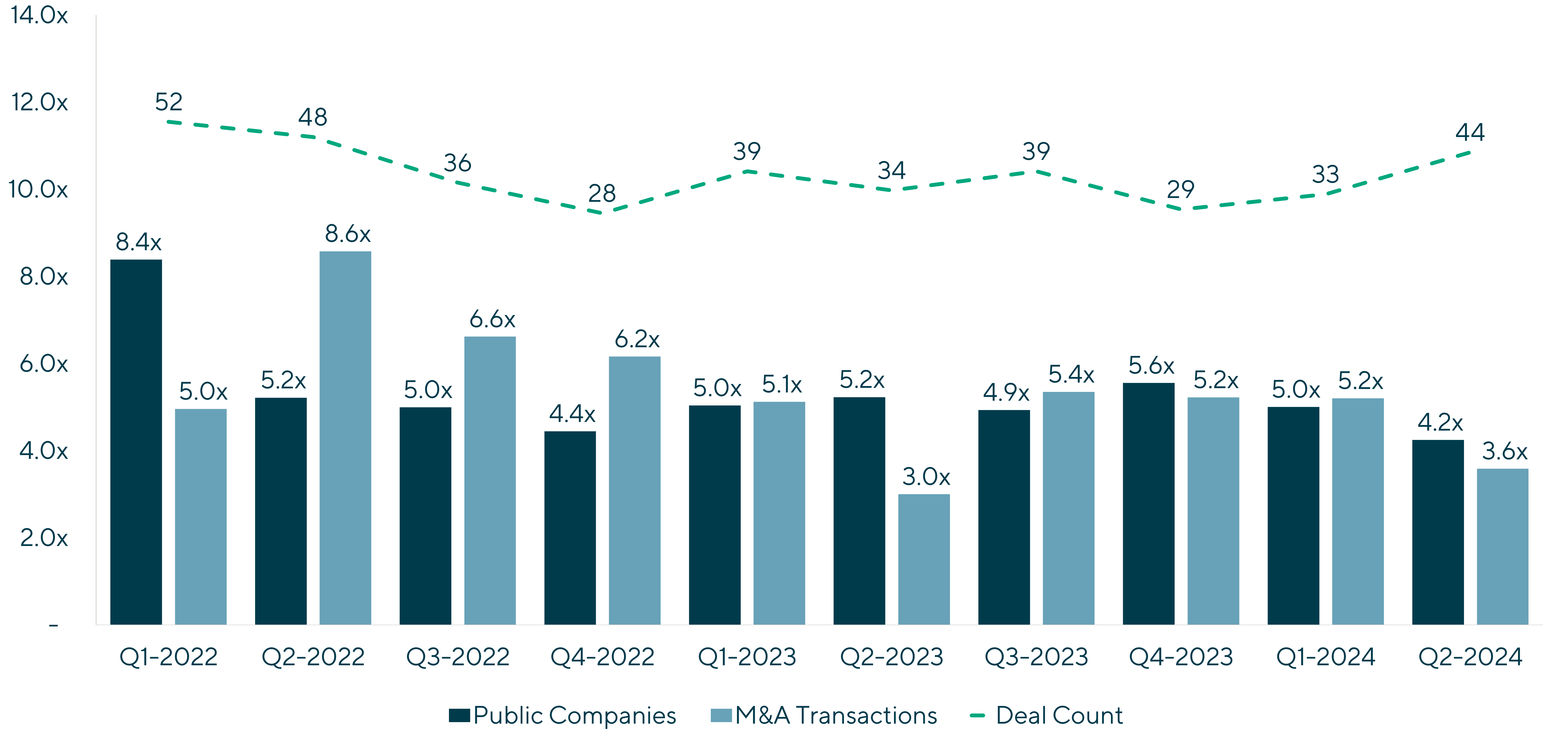
Sources: LEK Consulting, Chief Martec, S&P Global Market Intelligence, PitchBook, Gartner, Forrester, Press Releases, MarTech.org
Recent Lincoln-Advised Transactions Lincoln is an active advisor in MarTech and has deep expertise and relationships. If you are ready to take your business to its next success, please contact one of our professionals below.
Contributors

I believe that open dialogue, thoughtful advice and dedicated execution are the keys to driving client success and forging lasting relationships.
Scott Twibell
Managing Director & Global Co-head, Technology
New YorkMeet Professionals with Complementary Expertise in Technology, Media & Telecom

I am inspired by working with entrepreneurs and innovators who feel passionately about what they are creating.
William Bowmer
Managing Director & Co-head of Technology, U.S.
San Francisco
I deliver a hands-on approach to provide strategic advice to my clients throughout the transaction and beyond.
Chris Brooks
Managing Director & Co-head of Technology, Europe
London
